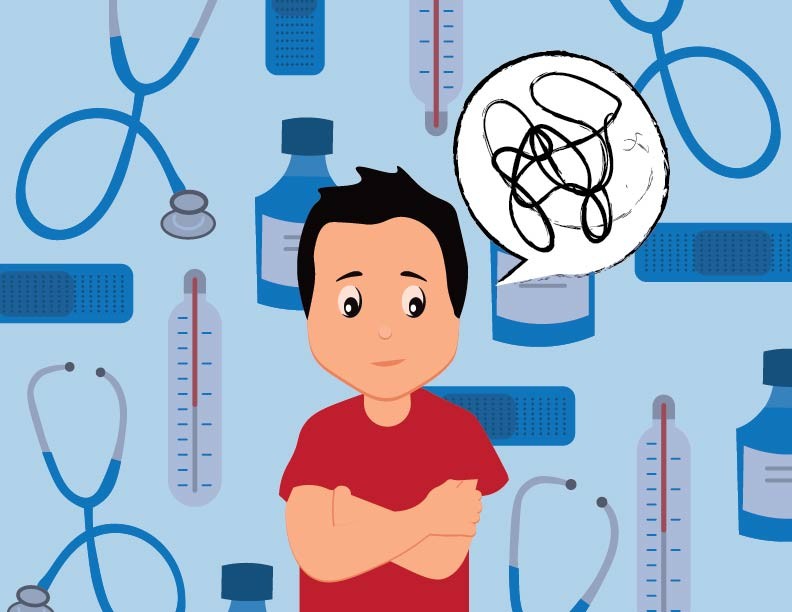In a study published last month, a University of Minnesota researcher helped evaluate the impact of “spin” in health news stories.
Researchers of the recently-published study defined spin as the “misrepresentation of study results, regardless of motive (intentionally or unintentionally), that overemphasizes the efficacy or overstates safety of the treatment as compared with that shown by the results.” The research of more than 900 patients and caregivers found participants were more likely to believe a treatment was beneficial when news stories were reported with spin.
“Spin is one of the biggest offenders and one of the big problems where researchers and media messengers spin things to make them appear to look better than they really are…and it’s misleading the public,” said Gary Schwitzer, an adjunct associate professor in the University’s School of Public Health, who contributed to the research.
The researchers presented participants with two versions of news stories: a version with spin and a version rewritten without spin. They then asked participants questions, like “What do you think of this?” “What difference did this story make to you when it’s written this way?” and “What difference did this story make when it was written another way?” Schwitzer said.
The researchers used three randomized control trials and distributed surveys containing stories with and without spin, and Schwitzer said he believes this is the first time randomized controlled trial design has been used to determine the effects of spin in health news.
“That is when research findings are spun, it affects the way people understand the findings,” said Dr. Jon Hallberg, an associate professor in the department of Family Medicine and Community Health and regular analyst on Minnesota Public Radio’s “All Things Considered.” “This can increase anxiety; add to health care costs, overtreatment, over screening, and overprescribing.”
Health care news stories represent an important source of information for patients. Dr. Russell Luepker, a professor in the Division of Epidemiology and Community Health, said 40 percent of people learn their health information from the media.
“For journalists [to avoid spin], they must be careful of hyperbole and a sensational story. They must check with other scientists not involved in the study,” Luepker said.
Luepker added that it’s important for scientists to talk thoroughly with the journalist to make sure the research is represented accurately in the media.
“This research quantifies the extent to which that judgment can be influenced by including overly optimistic statements about the findings in the news articles…,” said Timothy Church, a professor in the School of Public Health’s division of Environmental Health Sciences.
Schwitzer said it is important news consumers are educated and look at the news with a grain of salt.
“It makes it even more important that news consumers and health care consumers become smarter consumers … to be able to judge when it is that they’re being spun,” Schwitzer said.

















